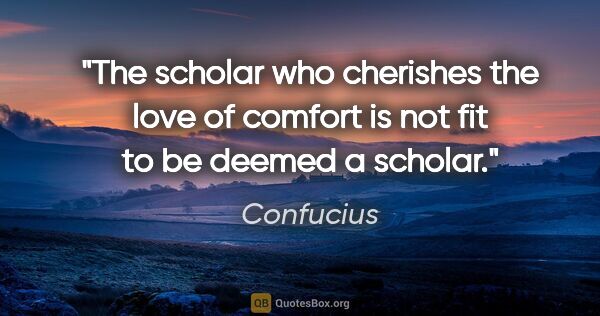Deemed Quotes (page 2)
...I displayed, or usually displayed, all those traits deemed essential to job readiness: punctuality, cleanliness, cheerfulness, obedience. These are the qualities that welfare-to-work job-training programs often seek to inculcate, though I suspect that most welfare recipients already possess them, or would if their child care and transportation problems were solved.
Barbara Ehrenreich
Regardless of how liberal Massachusetts may seem, the Celtics were totally GOP. Like Thomas Jefferson, K. C. Jones did not believe in a strong central government: The Celtic players mostly coached themselves. They practiced when they felt like practicing and pulled themselves out of games when they deemed it appropriate, and they wanted to avoid anything taxing. They wanted to avoid taxes. And they excelled by attacking the world in the same way they had been raised to understand it: You...
Chuck Klosterman
Before being taken to the Morgue, the body is left for a while on the embankment so they can try reviving it. A massive crowd gathers round the body. Those unable to see because they are at the back jostle those in front as best they can. Each thinks: “I wouldn’t be drowning myself, not I.” They pity the young suicide, admire him, but do not imitate him. He, however, found it quite natural to give himself death, deeming nothing on earth able to content him, and aspiring higher.
Comte de Lautreamont
Pity the nation whose statesman is a fox, whose philosopher is a juggler, and whose art is the art of patching and mimicking. Pity the nation that welcomes its new ruler with trumpetings, and farewells him with hootings, only to welcome another ruler with trumpetings again. Pity the nation whose sages are dumb with years and whose strong men are yet in the cradle. Pity the nation divided into fragments, each fragment deeming itself a nation.
Khalil Gibran
Some men look at constitutions with sanctimonious reverence, and deem them like the arc of the covenant, too sacred to be touched. They ascribe to the men of the preceding age a wisdom more than human, and suppose what they did to be beyond amendment. I know that age well; I belonged to it, and labored with it. It deserved well of its country. It was very like the present, but without the experience of the present; and forty years of experience in government is worth a century of...
Thomas Jefferson
Science! true daughter of Old Time thou art!
Who alterest all things with thy peering eyes.
Why preyest thou thus upon the poet's heart,
Vulture, whose wings are dull realities?
How should he love thee? or how deem thee wise?
Who wouldst not leave him in his wandering
To seek for treasure in the jewelled skies,
Albeit he soared with an undaunted wing?
Hast thou not dragged Diana from her car?
And driven the Hamadryad from the wood
To seek a shelter in some happier star?
Hast thou not torn the...
Edgar Allan Poe
T.S. Eliot deems dangerous the tendency "to associate tradition with the immovable; to think of it as something hostile to all change; to aim to return to some previous condition which we imagine as having been capable of preservation in perpetuity". "Tradition without intelligence, he challenges, "is not worth having.
T. S. Eliot
Seven times I have despised my soul: The first time when I saw her being meek that she might attain height. The second time when I saw her limping before the crippled. The third time when she was given to choose between the hard and the easy, and she chose the easy. The fourth time when she committed a wrong, and comforted herself that others also commit wrong. The fifth time when she forbode for weakness, and attributed her patience to strength. The sixth time when she despised the ugliness...
Khalil Gibran
With reciprocity all things do not need to be equal in order for acceptance and mutuality to thrive. If equality is evoked as the only standard by which it is deemed acceptable for people to meet across boundaries and create community, then there is little hope. Fortunately, mutuality is a more constructive and positive foundation for the building of ties that allow for differences in status, position, power, and privilege whether determined by race, class, sexuality, religion, or nationality.
Bell Hooks

